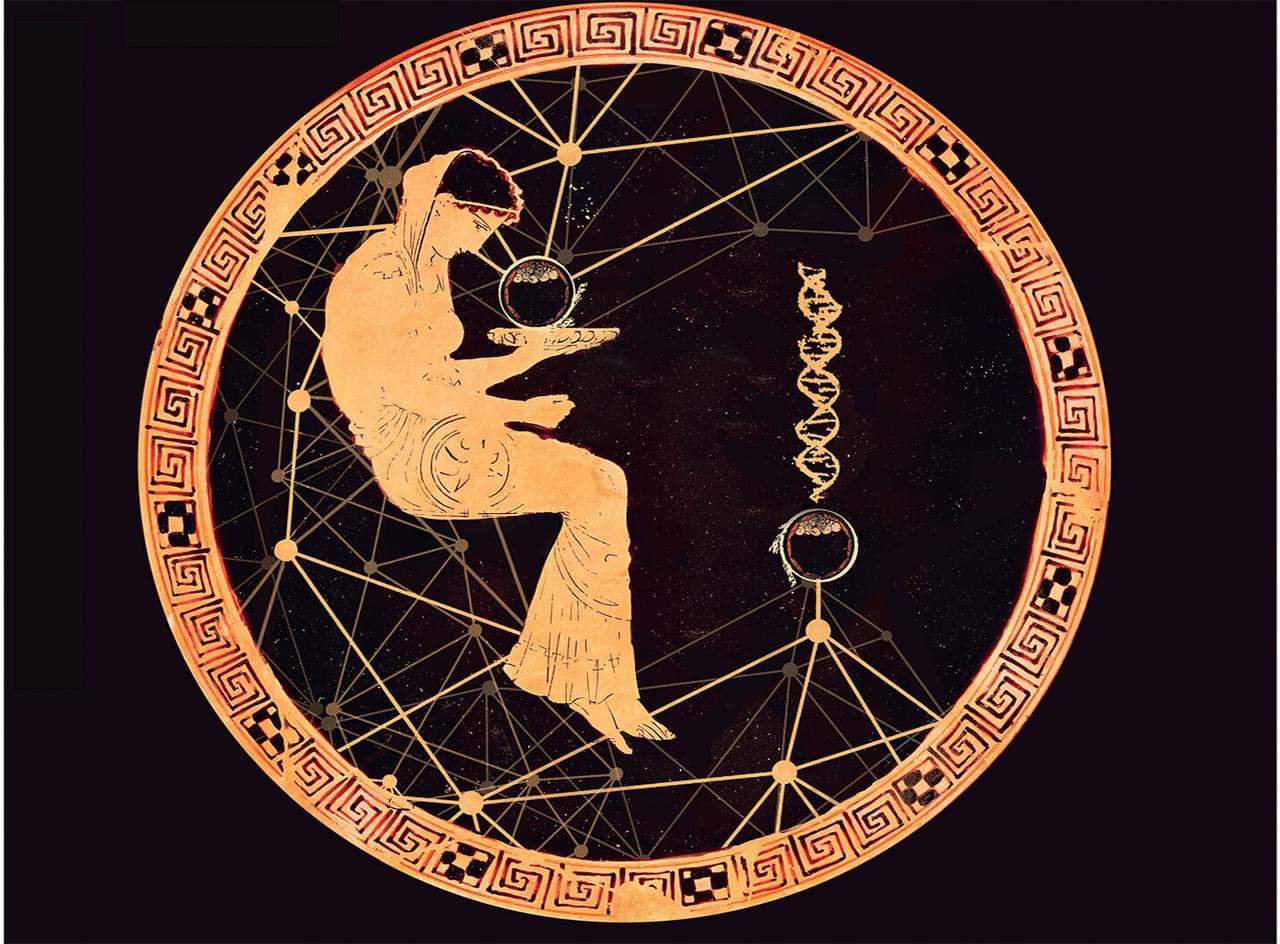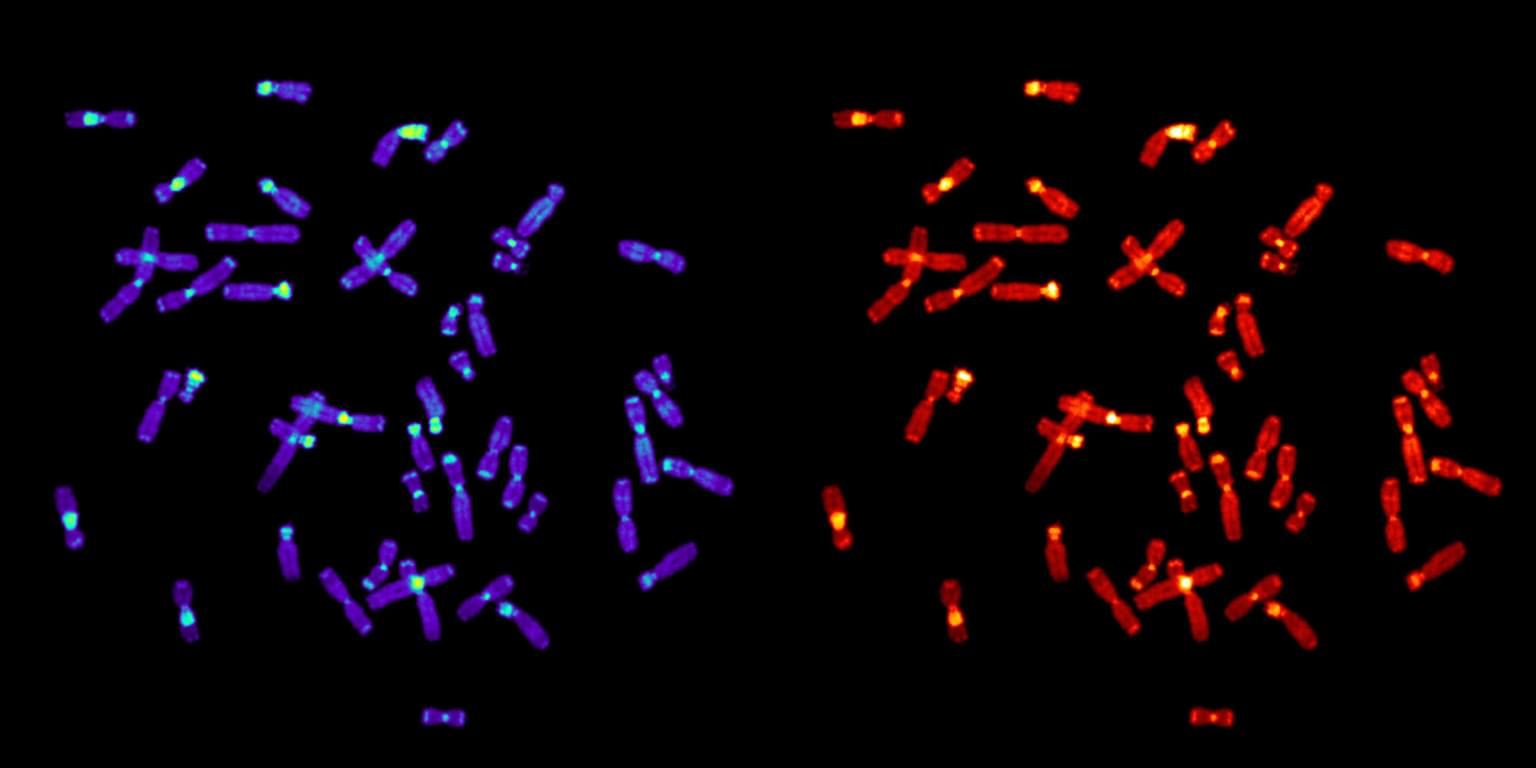News
11 April 2025
Road to Research: Q&A with Alex Garruss, Ph.D., Jim and Virginia Stowers Fellow
“There are few rewards as powerful and as elevating as making a clear, robust scientific observation that advances the field.”
Read Article
Press Release
Scientific Director Kausik Si from the Stowers Institute for Medical Research alongside Investigator Lukasz Joachimiak from the University of Texas Southwestern Medical Center received CZI's Collaborative Pairs Pilot Project Awards grant for their project titled, “Tuning memory by altering amyloids.”
KANSAS CITY, MO—February 21, 2024—The Chan Zuckerberg Initiative (CZI) has announced the awardees of their second cycle of Collaborative Pairs Pilot Project Awards, part of the CZI Neurodegeneration Challenge Network (NDCN).
Scientific Director Kausik Si, Ph.D., from the Stowers Institute for Medical Research will receive an award for the project titled, “Tuning memory by altering amyloids,” which will be conducted alongside Investigator Lukasz Joachimiak, Ph.D., from the University of Texas Southwestern.
The Collaborative Pairs Pilot Project Awards were launched in 2018 to investigate neurodegenerative disease biology by aligning two scientists with diverse expertise. Thirty teams were chosen for the first cycle with more than half of these 18-month pilot projects receiving four-year acceleration phase funding, confirming that novel, bold, out-of-the-box based research is not only possible but can lead to transformative science.
Following the success of the first cycle, the NDCN expanded the research scope beyond neurodegenerative disease, seeking proposals covering broader neuroscience biology. While extensive research has focused on pathologic amyloids behind devastating diseases like Alzheimer’s, Si and Joachimiak are tackling a fundamentally different question: Can functional amyloids known to aid in memory formation be fine-tuned to enhance the acquisition and duration of long-term memories?
“The funding will allow us to explore a truly unorthodox idea—is it possible to expedite amyloid formation or increase the stability of amyloid to either reduce the threshold of memory formation or to make a memory more stable,” said Si. “Since this is an unorthodox idea, it is important to use a multifaceted approach. The collaboration between labs not only brings complementary experimental expertise but also diverse ways of thinking about the problem.”
Neurodegeneration and amyloid have been virtually synonymous for over a century. For Si, whose research focuses on molecular mechanisms underlying memory, the discovery that certain amyloids are not only beneficial and functional but are also necessary for maintaining long-term memories was surprising. This radically challenged previous assumptions of amyloids as pathologic and required rethinking on how and why they form.
A certain class of protein common across species can form amyloid that aids in long-term memory. The amyloid form of this protein converts a memory from transient to persistent and in fruit flies, research from the Si Lab published in Science in 2020 resolved the structure of the first example of a memory boosting amyloid called Orb2.
Technological advances are now enabling scientists to manipulate the amyloid protein assembly process. The Joachimiak Lab, with expertise in protein engineering, and the Si Lab are joining forces to rationally design and test Orb2 variants as memory conduits. The team hypothesizes that enhancing the formation and stability of Orb2 will make memory formation easier and extend its duration, potentially uncovering fundamental insights into how amyloids can be beneficial.
“The award from CZI to Kausik Si and his collaborator is a nod to the Stowers Institute’s focus on spurring discovery and contributing scientific insight into some of the most difficult problems in the life sciences,” said Stowers President and Chief Scientific Officer Alejandro Sánchez Alvarado, Ph.D.
About the Stowers Institute for Medical Research
Founded in 1994 through the generosity of Jim Stowers, founder of American Century Investments, and his wife, Virginia, the Stowers Institute for Medical Research is a non-profit, biomedical research organization with a focus on foundational research. Its mission is to expand our understanding of the secrets of life and improve life’s quality through innovative approaches to the causes, treatment, and prevention of diseases.
The Institute consists of 20 independent research programs. Of the approximately 500 members, over 370 are scientific staff that include principal investigators, technology center directors, postdoctoral scientists, graduate students, and technical support staff. Learn more about the Institute at www.stowers.org and about its graduate program at www.stowers.org/gradschool.
Media Contact:
Joe Chiodo, Head of Media Relations
724.462.8529
press@stowers.org
About the Chan Zuckerberg Initiative
The Chan Zuckerberg Initiative was founded in 2015 to help solve some of society’s toughest challenges — from eradicating disease and improving education to addressing the needs of our local communities. Our mission is to build a more inclusive, just, and healthy future for everyone. For more information, please visit www.chanzuckerberg.com.
News
11 April 2025
“There are few rewards as powerful and as elevating as making a clear, robust scientific observation that advances the field.”
Read Article
News

09 April 2025
New study shows how we can better learn our genome’s hidden grammar, potentially paving the way for personalized medicine.
Read Article
News

09 April 2025
The multi-institutional study assembling six ape genomes provides a new appreciation for how chromosomes evolve.
Read Article
